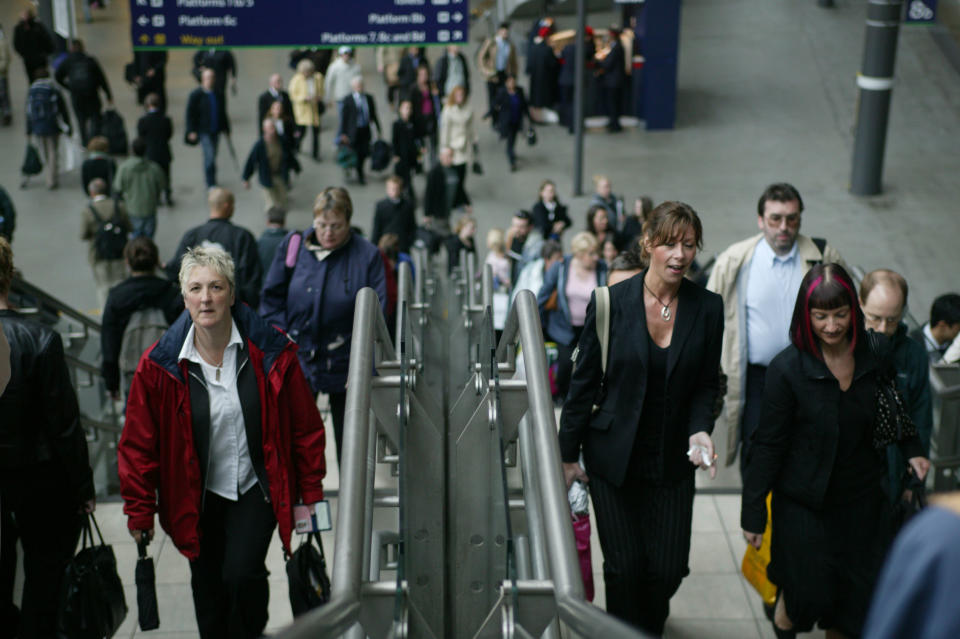UK firms keep hiring despite no-deal Brexit and recession worry

Growing numbers of employers are looking to hire staff despite worries about the state of the UK economy, a new survey suggests.
Demand for permanent staff is rising in both the short-term and the long-term, even amid fears of devastating consequences from a no-deal Brexit and concern Britain could be teetering on the brink of recession.
Significantly more firms said they expected to hire permanent staff than not in a weighted survey by the Recruitment & Employment Confederation (REC) with polling company ComRes.
The net positive balance for short-term hiring intentions increased in the most recent quarter at +19 in May to July, up three points from the last quarter, February to April.
Short-term demand for temporary agency staff was also higher, particularly among small- and medium-sized organisations.
But almost half (46%) of employers looking for permanent staff said they were concerned about the availability of candidates, which could reflect Britain’s near-record official employment figures.
“This most recent survey shows employers are still looking to take on both permanent and temporary workers as they seek to maintain stability amidst the Brexit uncertainty,” said Tom Hadley, REC’s director of policy and campaigns.
“More employers also seem to be trying to transfer their best temps into permanent roles as candidate shortages continue to bite across many sectors.”
READ MORE: Experts warn Britain’s record jobs boom could be about to end
But he warned skills shortages were “acute” in sectors like health and social care.
He said a last-minute government pledge to end free movement in October “has come at the worst possible time,” and called for a transition period before any new rules were implemented.
It comes in spite of recent figures showing Britain’s economy shrank in the second quarter, and warnings the UK could be headed for recession if expectations and the reality of a no-deal Brexit batter the economy.
The National Institute of Economic and Social Research (NIESR) said earlier this month there was a “significant risk” output falls in the third quarter, taking the UK officially into recession.
Employers themselves are worried and appear pessimistic, with 44% saying economic conditions are getting worse in the country as a whole. Only 18% say conditions are getting better.
The most recent official figures showed the employment rate in Britain is at 76.1%, the joint-highest figure since records began in the early 1970s.
A period of jobs growth has taken many economists by surprise, amid poor productivity growth and Brexit uncertainty.
But critics have warned insecure, often lower-paid self-employment is behind a significant part of the growth.
Several economists also attribute the boom to firms’ greater cautiousness and Britain’s flexible labour market, with employers hiring short-term, cheaper and less skilled staff rather than making long-term, costly investments that could boost growth and productivity.

 Yahoo Finance
Yahoo Finance 